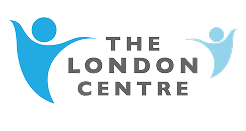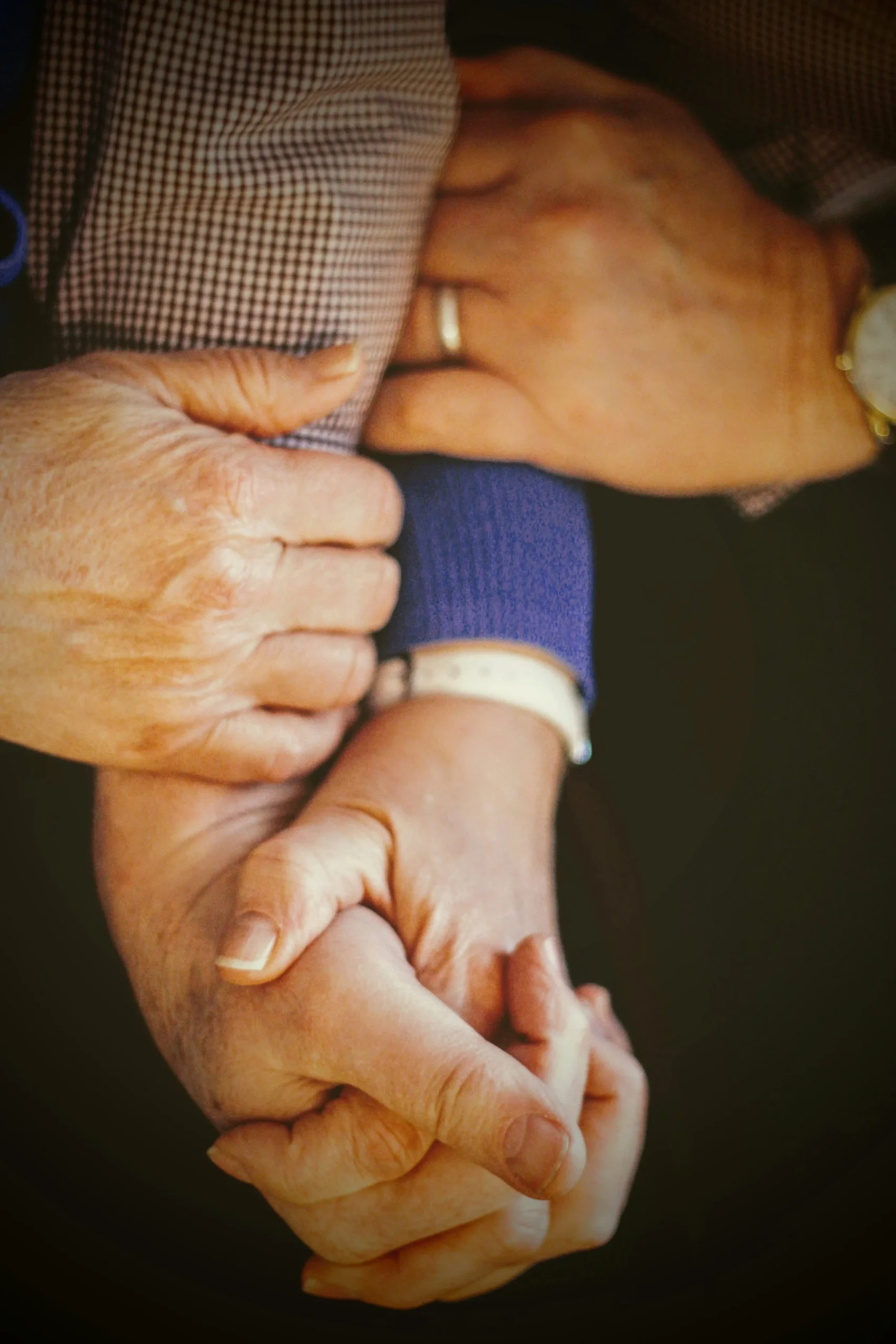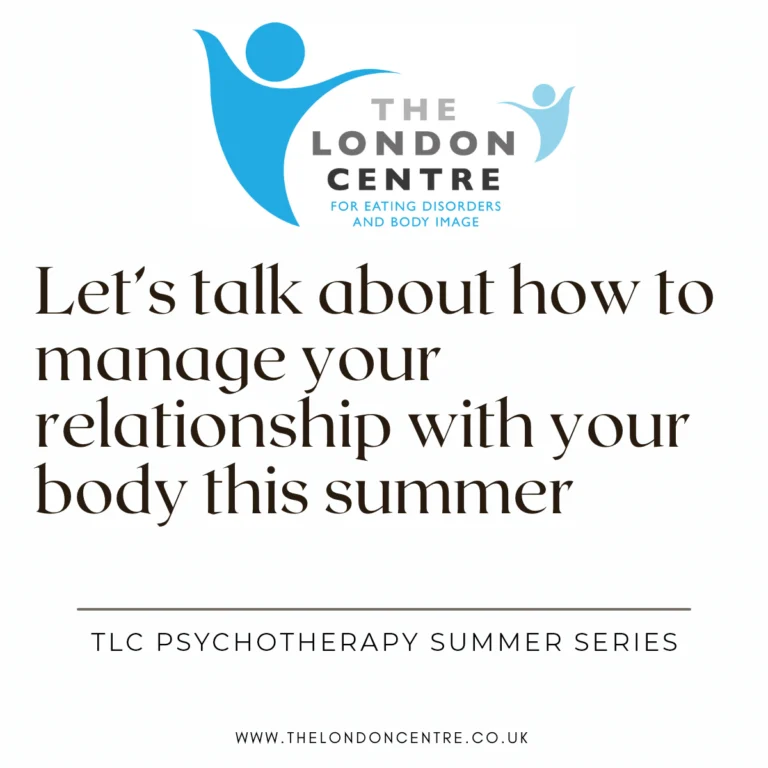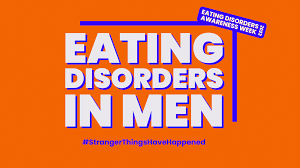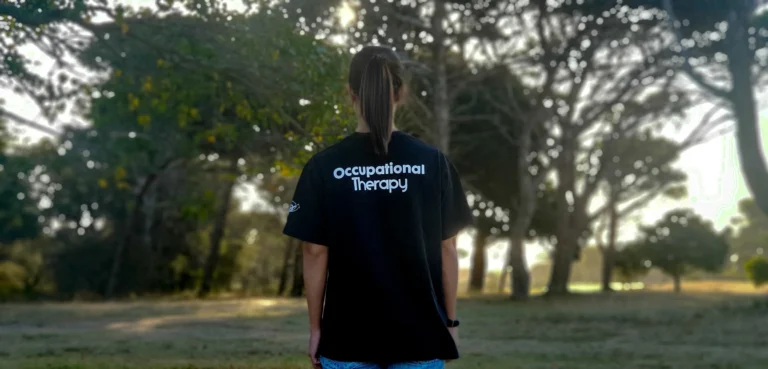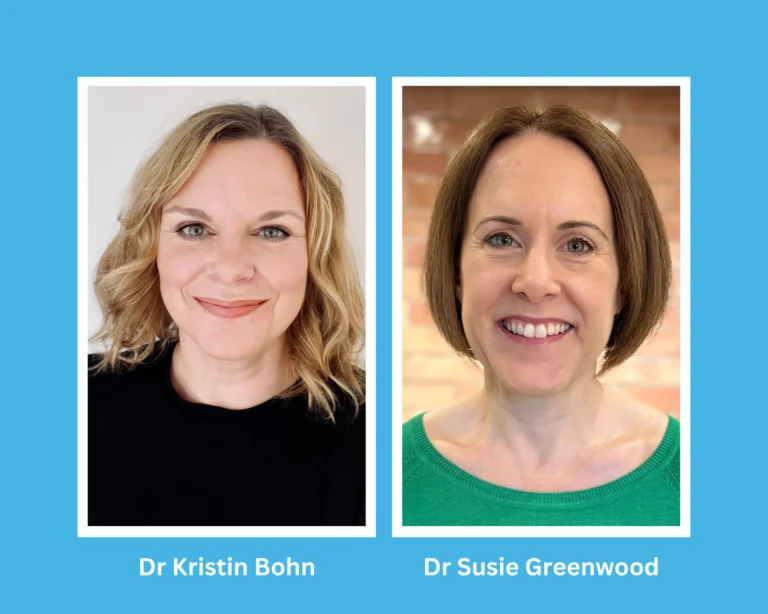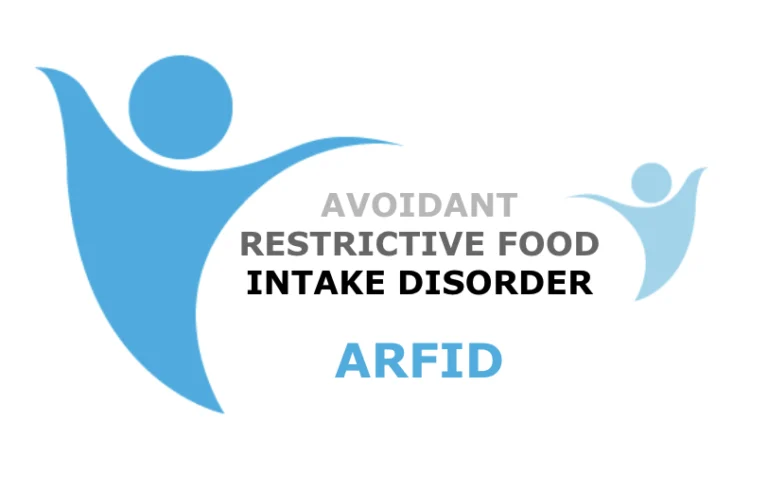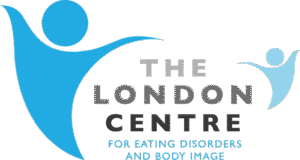When Caring Becomes Trauma: Why Parents Need Support Too in Eating Disorder Recovery
A new UK study, led by Natasha Heal-Cohen at the University of East Anglia and published in the European Eating Disorders Review (2025), has shed light on something many parents of children with eating disorders already know too well: caring for a loved one with an eating disorder can be deeply traumatic.
The research found that over 60% of parents caring for a child or young person with eating disorder symptoms showed signs of probable post-traumatic stress disorder (PTSD) related to their caregiving role. These symptoms included intrusive memories, feelings of guilt and helplessness, hypervigilance, and emotional exhaustion.
Perhaps most worryingly, the study revealed that PTSD symptoms directly reduced parents’ ability to use the skills needed to support their child’s recovery. Parents experiencing high stress and trauma found it harder to practise self-care, stay calm, tolerate conflict, and maintain hope.
In other words, the very people children rely on most in their recovery are often left struggling without enough support themselves.
New Research: The Role of Mental Health Literacy
Alongside this, a second UK study (final report written and due for publication soon) has further highlighted the urgent need to support parents. This research examined post-traumatic stress symptoms among 123 caregivers of children and young people with eating-related difficulties, focusing on the role of Eating Disorder Mental Health Literacy (ED-MHL).
Key findings included:
- Around two-thirds of caregivers met the threshold for probable PTSD.
- Caregivers with lower levels of ED-MHL reported more severe trauma symptoms.
- Parents who were uncertain about the possibility of recovery were especially vulnerable.
- Trauma symptoms were higher when a child had been hospitalised in a general hospital.
- Crucially, when parents had higher ED-MHL and their child was receiving support, trauma symptoms were reduced.
These findings show that knowledge and confidence really matter. When parents understand eating disorders and feel supported, their resilience improves, and trauma symptoms lessen.
Why Parental Wellbeing Matters
Eating disorders affect the whole family. Parents and carers are often the first to notice warning signs, the ones monitoring meals, handling crises, and advocating for treatment. Family-based approaches are considered the gold standard in treating young people with eating disorders – but this is only effective if parents are equipped and supported to play that role.
Of course, family approaches aim to both equip and support parents to care for their child, but they may not always be enough to fully address the emotional toll on parents themselves.
Without adequate help, parents can become overwhelmed, burnt out, and traumatised – which not only impacts their own wellbeing but can also affect their child’s recovery journey.
Together, these two studies make one thing clear: supporting parents is not optional – it’s essential.
How We Support Parents at The London Centre
At The London Centre for Eating Disorders and Body Image, we recognise that recovery is a family process. That’s why we offer dedicated Parent Support Sessions, designed to:
- Provide a safe, confidential space for parents to share their experiences and emotions.
- Teach evidence-based strategies for supporting a child through the ups and downs of recovery.
- Strengthen parents’ knowledge and confidence (ED-MHL).
- Build resilience, self-care, and emotional coping skills.
- Reduce feelings of guilt, isolation, and helplessness.
Our sessions are facilitated by experienced eating disorder specialists and grounded in the latest clinical research – including findings like those highlighted in these studies.
A Message to Parents
If you are supporting a child with an eating disorder, please know: support is available for you too. The distress you are experiencing is real and valid. Getting support for yourself is not selfish – it is one of the most powerful things you can do for your child’s recovery.
👉 To find out more about our Parent Support Sessions, or to arrange an initial consultation, please contact us at info@thelondoncentre.co.uk.
Together, we can support not only the recovery of young people with eating disorders, but also the resilience and wellbeing of the parents who walk alongside them every step of the way.
